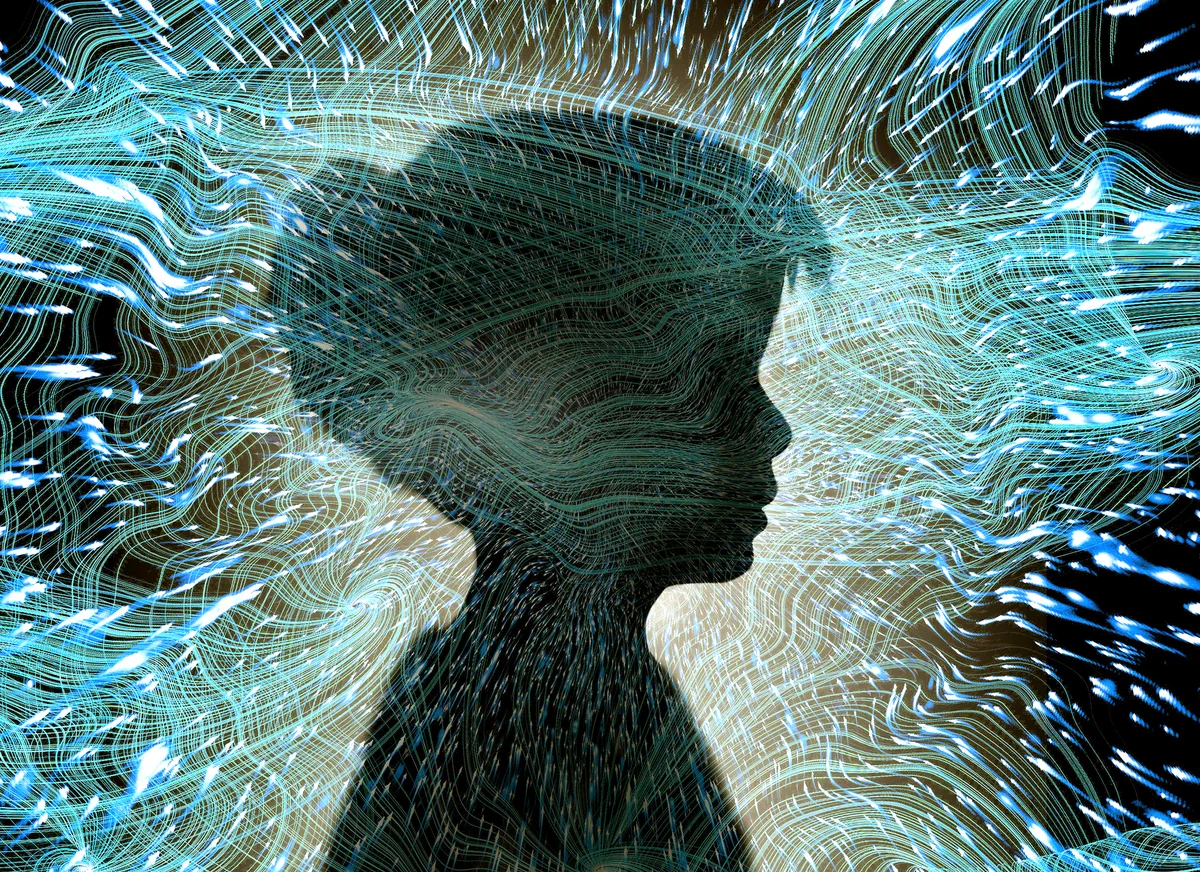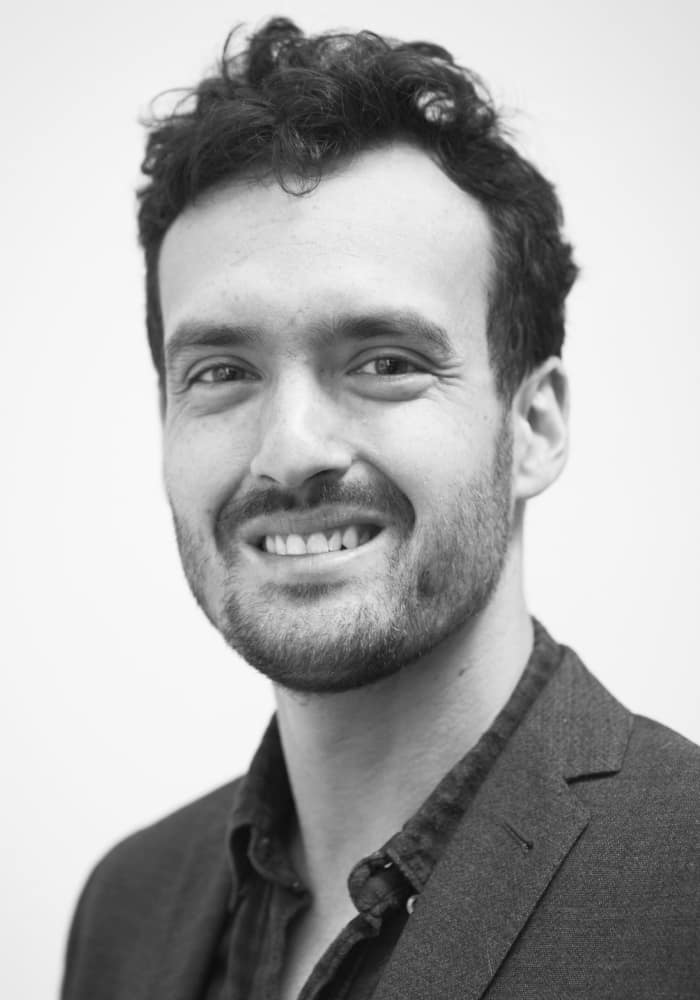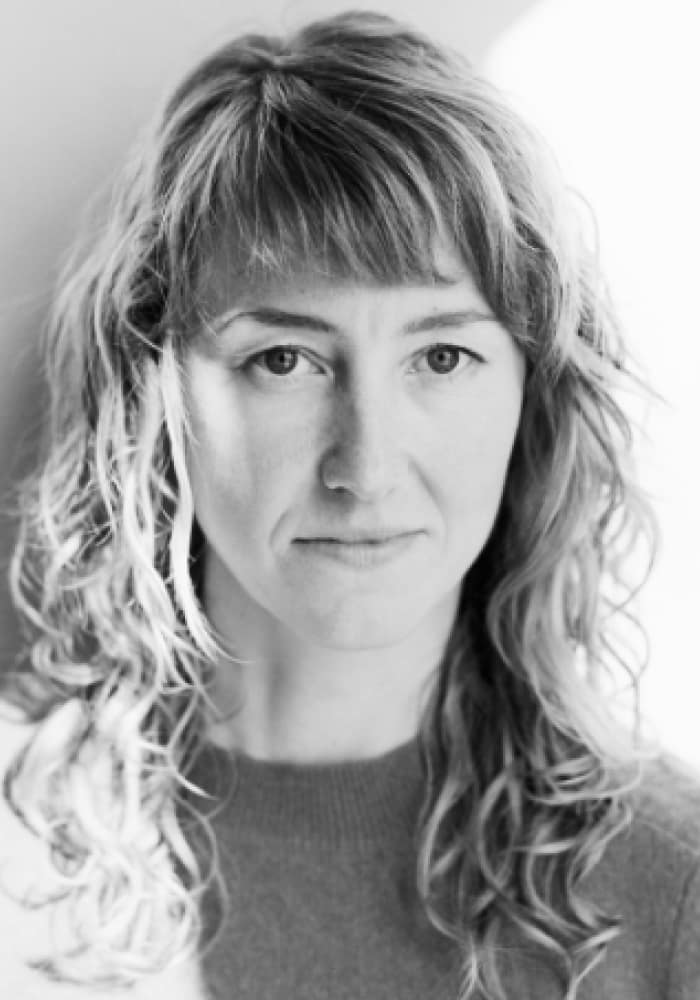PANEL DISCUSSION
Fields, the Future, & the Human Mind
Block Quote
The 20th-century revolution in quantum mechanics dismantled the classical, deterministic view of the universe, replacing it with a reality governed by probability, non-locality, and interconnection. At the heart of this new paradigm lies quantum entanglement—a phenomenon Einstein famously dismissed as "spooky action at a distance"—wherein particles become so deeply linked that the state of one instantly influences the state of another, regardless of the physical separation between them.
This radical shift from a universe of isolated objects to one of entangled fields forces a profound question: Is the march of quantum physics into psychology and philosophy a change in fundamental truth, or a change in guiding metaphor?
The panel discussion "Fields, Future, and the Human Mind" confronts this question head-on, bringing together three visionary thinkers—Philip Goff, Pablo Lamberti, and Lieke Knijnenburg. While their approaches are distinct, together they weave a compelling tapestry that suggests mind and cosmos are not separate, but co-constructed through deep, field-like correlations. They invite us to consider a reality where consciousness is not an emergent anomaly but a fundamental principle.

Philip Goff: The Universe as Conscious Field
Philip Goff, a leading proponent of panpsychism, provides the philosophical bedrock. He tackles the "hard problem of consciousness": how can subjective experience arise from inert, unfeeling matter? His provocative answer is that it doesn't have to. Instead, Goff proposes that consciousness is a fundamental property of the universe, as basic as mass or charge. In his view, the fundamental fields of physics are not dead; they are, in their most basic forms, infused with proto-conscious experience.
For Goff, the human mind is not a ghost in the machine, but a complex, unified field of consciousness that arises from the orchestration of these more basic conscious constituents. This is not merely a metaphor; it is an ontological claim about the nature of reality. The "field" of the future is not just a quantum field, but a phenomenal field—a universe already awake, aware, and feeling at its core.
Pablo Lamberti: The Entangled Brain and the Cosmic Web
Pablo Lamberti turns to Stoicism not as a relic, but as a living philosophy for the modern psyche. He finds in it a robust framework for navigating a world of noise and distraction. His interest lies not in rigid self-denial, but in the achievement of personal sovereignty. For him, the Stoic is an architect of their inner citadel, building walls not to hide, but to define a space of unassailable freedom.
He emphasizes the foundational Stoic move: the division between what is and is not in our power. This, for Lamberti, is the first step toward true mental emancipation. Our judgments, our desires, our aversions—this is our true domain. External events, the opinions of others, the past and future—these are foreign lands. To confuse the two is the root of all inner turmoil.
Lamberti is deeply engaged with the Stoic practice of "judgment suspension." Before the trigger of emotion, there is a spark of judgment, often unseen.
To catch this spark is the art of the prokopton, the one who is progressing. It is a moment of freedom, a gap between stimulus and response where wisdom can bloom.
He interprets the Stoic ideal of "living according to Nature" with profound practicality. To live according to our rational nature is to see the world as it is, not as we wish it to be. It is to accept the logical chain of cause and effect in the cosmos and in our own actions. This is not passive resignation, but an active alignment with reality's grain.
For Lamberti, the Stoic virtues are not abstract, but are the very tools for this alignment. Courage is the virtue of correct action in the face of fear.
Temperance is the virtue of setting correct boundaries for the self. Justice is the virtue of right relation to other human beings.
Wisdom is the virtue of seeing the world with unclouded clarity.
Ultimately, his work suggests Stoicism offers a path from being a passive passenger of life to becoming the skilled pilot of one's own soul.
It is a philosophy for those who wish to be effective in the world, by first mastering the one thing they truly can: themselves.
Lieke Knijnenburg: The Self in a Schitterende Leegte
Lieke Knijnenburg, author of Een Schitterende Leegte ("A Brilliant Emptiness"), brings a crucial psychological and existential dimension to the panel. Her work explores the self not as a solid, isolated entity, but as a process emerging from a vast, empty, and luminous field of awareness—a concept that resonates deeply with both Eastern philosophies and the "emptiness" of the quantum vacuum, which seethes with potential.
Knijnenburg's perspective asks what happens to the human experience when we internalize this new worldview. If Goff defines the conscious field and Lamberti explores its mechanics, Knijnenburg maps the inner transformation that occurs when we let go of the illusion of a separate self and recognize our identity as part of this "brilliant emptiness." This is the practical, lived application of the paradigm: a journey from psychological isolation to a sense of fundamental unity. Her work suggests that the future of the human mind lies in this understanding—that by embracing our own "empty", field-like nature, we can achieve a state of profound peace and interconnectedness.
Convergence: From Cosmos to Consciousness
The true power of this panel lies in the convergence of these three voices, creating a coherent journey from the cosmic to the personal:
- Goff's panpsychism provides the ultimate foundation: a universe whose intrinsic nature is conscious.
- Lamberti's quantum neuroscience provides a potential bridge: a mechanism of entanglement that could realize this cosmic consciousness within the human brain.
- Knijnenburg's psychology provides the transformative destination: a roadmap for the human self to find liberation and belonging within this conscious, entangled cosmos.
Together, they move beyond the simple dichotomy of "truth or metaphor." They are actively sketching the contours of a testable, livable worldview where the microcosm of the mind and the macrocosm of the universe are revealed as two aspects of a single, entangled reality.
The universe is not a clockwork machine. And we—with our questioning minds, our yearning art, our entangled awareness—are not merely listeners. We are part of the story, and with thinkers like Goff, Lamberti, and Knijnenburg as our guides, we are beginning to read it anew. The task ahead is to gather the evidence, but the vision is clear: we are participants in a conscious, resonant, and deeply interconnected field of existence.
LOCATIE

Zuiderkerk
De Zuiderkerk is een protestantse kerk uit de 17e eeuw in de Nieuwmarktbuurt van Amsterdam, de hoofdstad van Nederland. De kerk speelde een belangrijke rol in het leven van Rembrandt en was het onderwerp van een schilderij van Claude Monet.
Zuiderkerkhof 72,
1011 HJ Amsterdam
Schrijf je in om op de hoogte te blijven van nieuwe sprekers, artikelen en aankomende evenementen.
©2025 Stichting G10 van de economie | KVK 61319023
















